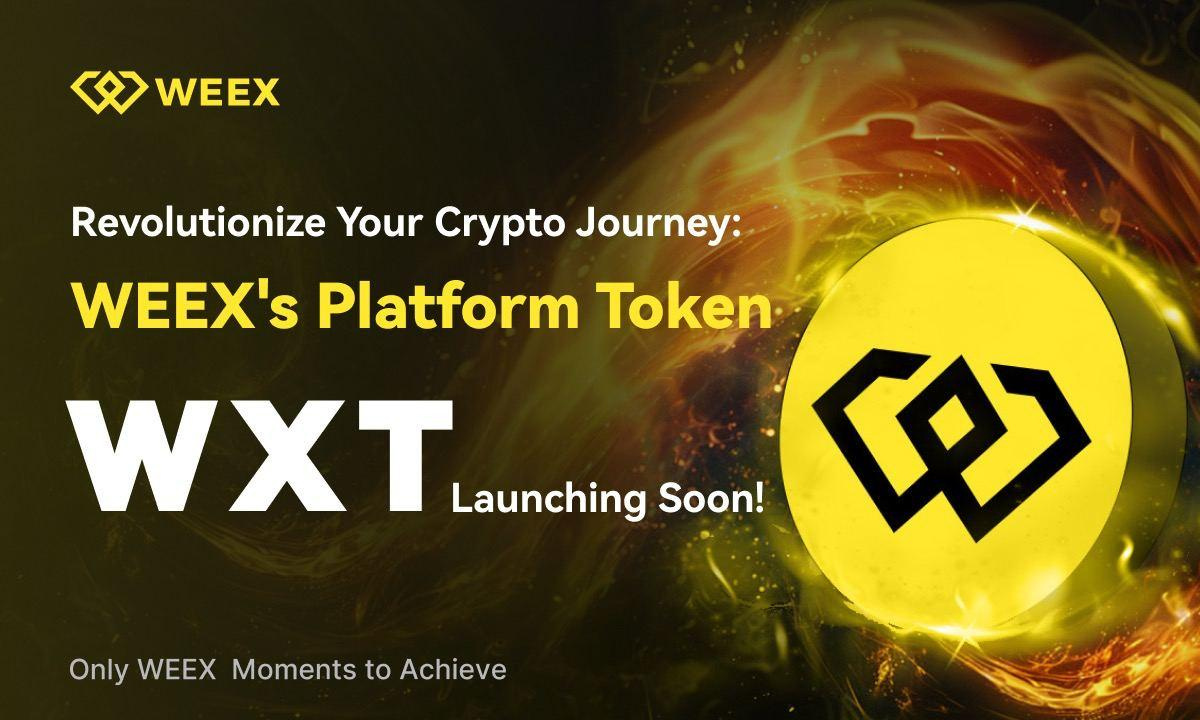99, a Brazilian ride-hailing company, will now allow Bitcoin trading.
99Pay, the digital wallet of Brazilian ride-hailing company 99, announced on Tuesday that it will allow the purchase and sale of bitcoin on its platform.

Starting Nov. 3, The Brazil’s platfrom users will be able to conduct commission-free transactions with a minimum purchase amount of 10 Brazilian reais and a maximum purchase amount of 10,000 reais – equivalent to 1,800 US dollars.
99Pay, a subsidiary of the Chinese vehicle-hire company DiDi, announced that the platform will also offer bitcoin cashback promotions.
The initiative comes at a time when Brazilians’ interest in cryptocurrency is skyrocketing, as is demand for crypto services. Brazilians have already purchased $4.27 billion in 2021, according to data published by the country’s Central Bank (BCB) in October. On the legislative front, Brazil’s congress plans to debate a bill that would regulate cryptocurrency companies.
The Brazil giant is a ride-hailing, food delivery, and financial services company based in Brazil that was founded in 2012. In 2018, DiDi Chuxing, the Chinese equivalent of Uber, paid $1 billion for the company. According to the company, the 99Pay platform has 20 million active users.

99 launched its digital wallet within its app in July 2020. Last week, the company released a standalone 99Pay app.
Users will not be able to pay for trips on 99 with bitcoins because crypto must first be converted to fiat, according to 99Pay’s Director, Maurcio Orsolini Filho.
Orsolini Filho went on to say that the company implemented the bitcoin trading feature in response to research conducted at the company’s request, which revealed a potentially high demand for the service. According to the data, 81 percent of Brazilian digital bank users are already aware of or have heard of cryptocurrencies, while another 54 percent do not invest in digital assets but have expressed an interest in doing so.
DiDi told CoinDesk in 2020 that it was forming a task force to design and test China’s central bank digital currency (CBDC) on its transportation platform.
Patrick
Coincu News











